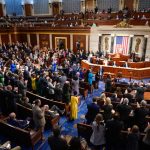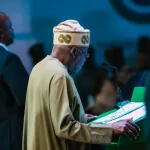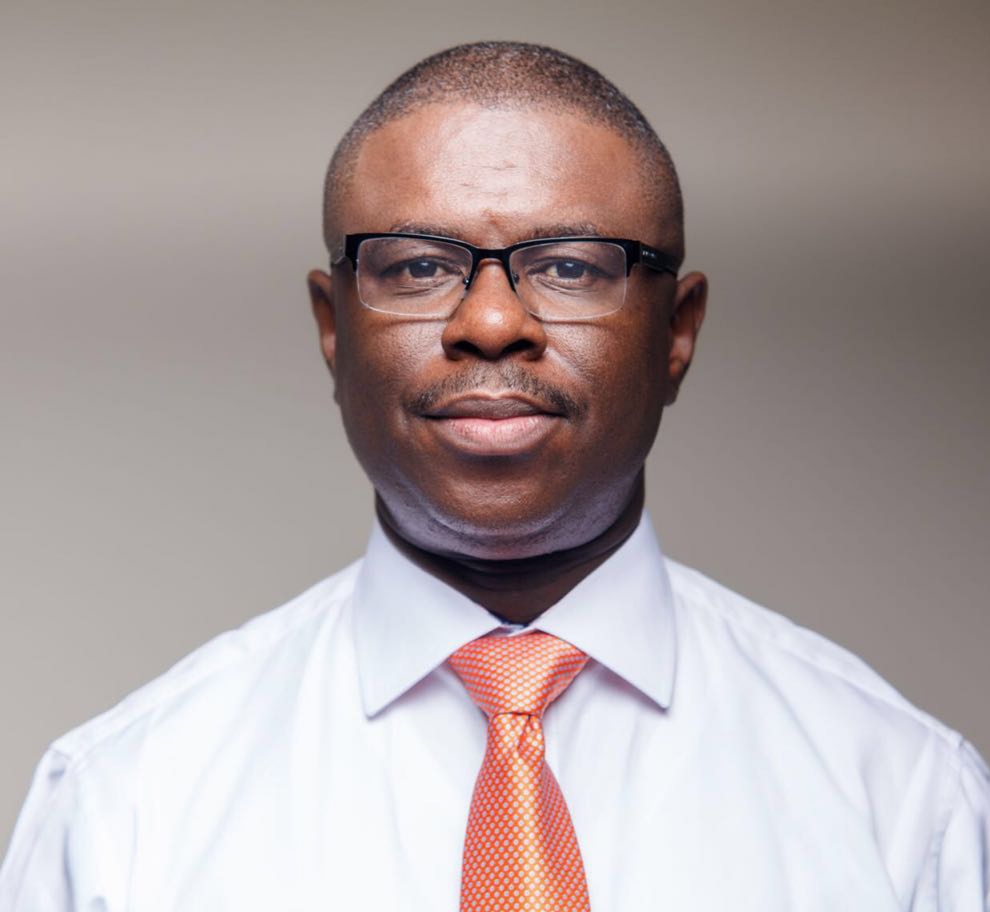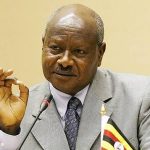Nigeria is a complex and multifaceted country that elicits various thoughts and viewpoints. Yet, there is some order in disorder. My recent journey through books about contemporary Nigeria or autobiographies of Nigerians brought this reality to light. I have read many books, and in the spirit of Barbara Tuchman, I feel that “books are the carriers of civilization and without books, history is silent, literature dumb, science crippled, thought and speculation at a standstill.” Of the many books on Nigeria’s nature and essence I have read recently, four stood out as rich in insights into what makes Nigeria and Nigerians unique.
One of the books is “Made in Aba: A Life of Coincidences” by Enyi Abaribe. The title reflects the author’s journey from his birthplace to his current position as a Nigerian senator.
Another is “A Polity in Transition: A Chronicle of Nigeria’s socio-political and economic development 1914–2014” by Ahmed Tijjani Abubakar, with a title that signifies Nigeria’s evolution over a century. There is also Onyeka Onwenu’s “My Father’s Daughter”, a title that symbolizes the author’s relationship with her father and her country.
The fourth book is Ademola Adebise’s “The Transformational Leader: The Journey of a Tech Bro turned CEO”. It captures the author’s transformation from a tech entrepreneur to a corporate leader. Each book follows a different trajectory but converges at the intersection between Nigeria, promises, the glorious past, and the chequered present. Each book contains lessons about Nigeria, but I will highlight only a few for each book.
“Made-in-Aba” is an autobiography spiced with essays on critical national issues. The author weaves snippets of his life in Nigeria, covering over five decades and interspersing various regions and multi-ethnic dichotomies with significant events that shaped Nigeria’s sociopolitical and economic life. Despite the circumstances of one’s birth, poor or rich, amid man-made obstacles of leadership failure, with iron-steal determination, character, and focus, one can still get to the top in Nigeria. Senator Abaribe’s journey is a testament to the resilience and determination of Nigerians.
Abaribe describes the Nigerian civil war as catastrophic, emphasizing its profound human and material costs, and its lasting impact on national consciousness. He criticizes the tendency among the elite to avoid discussing the war. However, Abaribe argues that a significant impact of the war is that it exposes our fault lines, and politicians across the breadth and width of our nation have magnified them to humongous proportions, and these fault lines have stubbornly remained with us. Besides, the book teaches us that Nigerian politics is crude and not for the faint-hearted. Any sane mind can never fathom the twists and turns. Those who want to participate must “beware”.
One enduring legacy of our past is the lack of fairness and equity in our shared national patrimony. This is evident in our federation, the massive divide between the haves and have-nots, and the nature and make-up of leadership in all ramifications – agency, structural, and systemic. Since independence, we have struggled to ensure fairness and equity in allocating government offices and projects. In the last ten years, it has risen to the level of marginalization, discrimination, subordination, and nepotism. Enyi Abaribe’s book highlights this succinctly and how this is a disincentive to hard work and the spirit of excellence.
“A Polity in Transition: A Chronicle of Nigeria’s Socio-Political and Economic Development” chronicles Nigeria’s rapid decline from its hopeful beginnings at independence in 1960 to its current economic, social, security, and democratic challenges. This book serves as a stark reminder of the importance of learning from history. Even with low internal cohesion, when post-independence political leaders first took control of the government in 1960, there was great hope for Nigeria’s future both within and outside the country. Given the size of its market and the presence of oil resources, Nigeria had a robust, diversified economy with significant growth potential.
Lessons Learnt
One lesson from the book is that the successor generation of Nigerian leaders abandoned the founding fathers and any dreams they had for the country. Another important lesson is that conducting free and fair elections over the years in Nigeria can be compared to a camel passing through the proverbial eye of a needle. To date, it does not appear to be a priority for us as a nation, while it is evidently at the root of our problems.
Adebise’s ‘The Transformational Leader’ shows that Nigeria’s issue with inept leaders can be reversed with visionary and prepared leadership. This is one lesson we can easily munch from Adebise’s book. According to the book, Ademola Adebise led two critical business model revolutions that established him as a transformational leader. The first was captured in Chapter 5 of the book. Segun Oloketuyi, Moraf Oseni, and the author midwifed the launch of ALAT, the first fully digitalized bank in Nigeria, in 2016. The message is clear: vision, innovation, and disciplined execution will propel you beyond mediocrity.
The second big lesson from the book is that prepared leaders are critical to an institution’s or nation’s success. Adebise was prepared for leadership, and this enabled him to lead Wema Bank through three crises: EndSARS, COVID-19, and the Naira reconfiguration cash crunch, back-to-back, all of which resulted in the bank emerging strong. The takeaway is that Nigeria is on a free fall because we need prepared, selfless, and visionary leaders. There is something fundamentally wrong with our leadership recruitment process and the transaction mindset of those in leadership positions. This underscores the urgent need for visionary leadership in Nigeria.
Onwenu’s memoir is a thought-provoking firsthand account of the Nigerian civil war. Her human-centered account shows our political elite’s insensitivity in the face of citizens’ sense of helplessness. “Given the political chain of events unfolding up until then, no one needed to be told that war was imminent,” she narrates on page 115 of the book. It is easy to draw a parallel to the fact that, to date, our leaders are still insensitive to the cries of the people.
Books As Mirror
It is indisputable that books have the potential to shape, challenge, and change our perception of our country. These books will provide you with “new eyes” and reasons to reflect on where and how we went wrong. A nation’s history and challenges often find expression in the life stories of its most exposed citizens. Thus, the memoirs of prominent national elite members highlight a nation’s life journey so far and its road ahead.
The books here examined lead us into Nigeria’s past and present. They also light the way forward through outright suggestions. By learning from these narratives, we can understand the root causes of Nigeria’s challenges and inspire future leaders to build a more equitable and prosperous nation.
























Leave a comment